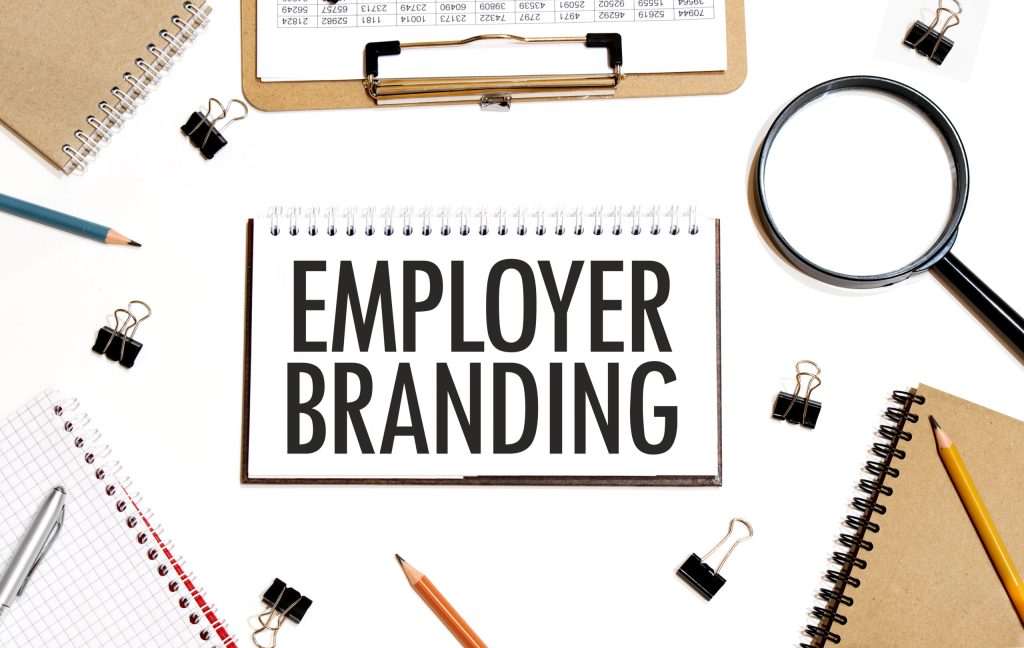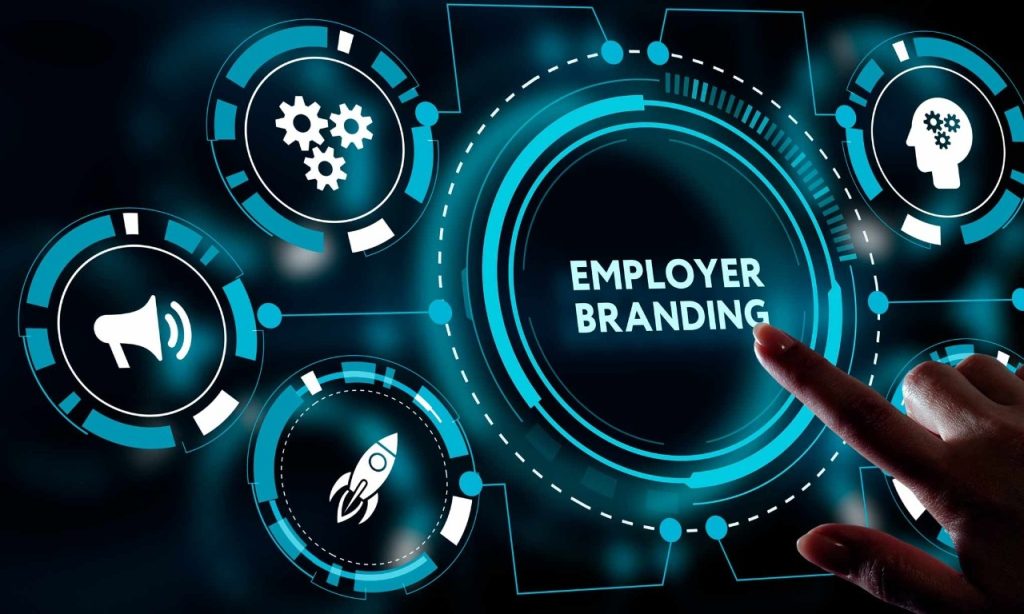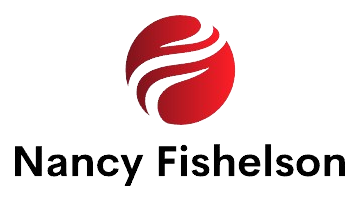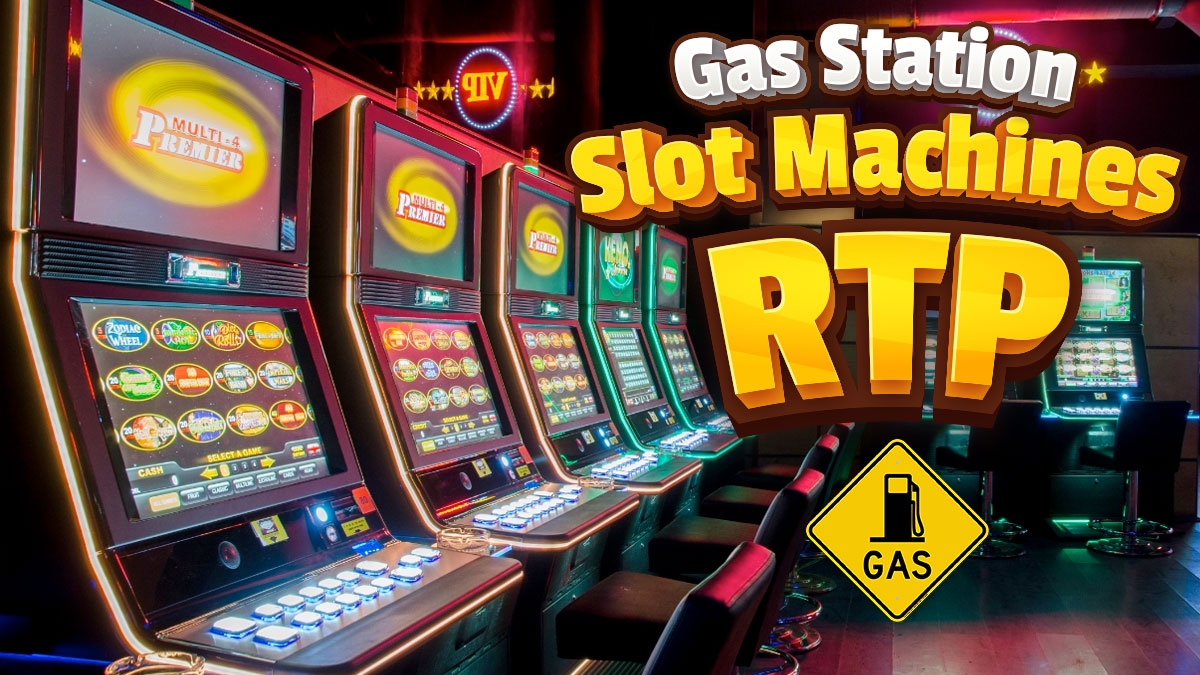Introduction
In today’s hyper-competitive hiring landscape, companies are no longer solely evaluated by consumers—they are also scrutinized by job seekers. The rise of digital platforms like Glassdoor, LinkedIn, and Indeed has empowered talent to assess employers before even applying. In such a climate, the fusion of employer branding and recruitment marketing has emerged as an essential strategy. Together, these concepts go beyond traditional hiring practices, focusing on long-term engagement, cultural transparency, and crafting a compelling narrative that attracts top talent and retains it.

Understanding Employer Branding And Its Business Value
At its core, employer branding is about defining and projecting the unique qualities that make a company a desirable workplace. It answers questions like: Why should someone work here? What does this organization offer that others don’t? Employer branding is not just a flashy tagline or a marketing gimmick. It is a deep-rooted reflection of a company’s values, vision, mission, and work culture. When authentically communicated, employer branding shapes public perception and influences both potential candidates and current employees. Strong employer branding helps create emotional connections, builds trust, and sets expectations about life inside the organization. It can dramatically reduce turnover rates and increase employee satisfaction, leading to higher productivity and better customer outcomes.
The Role Of Recruitment Marketing In Modern Hiring
While employer branding lays the foundation, recruitment marketing activates and amplifies that foundation in the talent marketplace. Recruitment marketing involves strategies and tactics used by companies to attract, engage, and nurture talent before they apply for a job. This includes content marketing, social media campaigns, career websites, digital advertising, and personalized candidate experiences. It aligns closely with inbound marketing principles, where the goal is to pull candidates in by offering value and showcasing a company’s culture, benefits, and career growth opportunities. Through this approach, companies can proactively build a talent pipeline, reduce time-to-hire, and ensure candidates are well-informed and excited about the possibility of joining the organization.
The Synergy Between Employer Branding And Recruitment Marketing
When employer branding and recruitment marketing work in tandem, the results are powerful. Employer branding provides the “what” and “why”—what the company stands for and why it’s a great place to work—while recruitment marketing delivers the “how” by communicating this message to the right audiences at the right time. A consistent and strategic partnership between these two elements creates a unified talent acquisition strategy. For example, a company known for innovation can use recruitment marketing to tell real employee stories about projects they’ve led, technologies they’ve used, and the impact they’ve had. These stories humanize the brand, create transparency, and resonate more deeply with the target audience than a simple job description ever could.
Crafting A Strong Employer Value Proposition (EVP)
A critical component of both employer branding and recruitment marketing is the employer value proposition (EVP). The EVP articulates what the company offers to employees in return for their skills, capabilities, and experiences. This could include compensation, development opportunities, work-life balance, leadership style, and more intangible aspects like purpose, belonging, and recognition. The EVP must be authentic, relevant, and differentiated. Once defined, it becomes the cornerstone of recruitment messaging. A clearly communicated EVP ensures alignment across all candidate touchpoints, from job listings and social media content to interviews and onboarding materials. It also provides a filter through which hiring teams can evaluate cultural fit and attract talent that aligns with the company’s ethos.
Leveraging Content To Build Employer Brand
In the age of digital storytelling, content is king. Companies must actively share stories, experiences, and messages that reinforce their employer brand. These may include behind-the-scenes looks at daily work life, employee testimonials, diversity initiatives, wellness programs, community involvement, and leadership philosophies. Blogs, videos, podcasts, infographics, and interactive experiences help bring these stories to life. The goal is not to paint an unrealistic picture but to show the human side of the organization. Prospective employees want to know what it’s really like to work at a company, and authentic content can answer that in a more compelling way than any job post ever could.

Using Social Media As A Recruitment Marketing Channel
Social media platforms like LinkedIn, Instagram, TikTok, and Twitter are essential for promoting employer brand content and engaging with candidates. Each platform offers unique ways to showcase company culture, share career opportunities, and interact with followers in real-time. Social media also enables companies to join industry conversations, celebrate employee milestones, and highlight their involvement in social causes or professional events. Effective social media recruitment marketing doesn’t just broadcast job openings; it builds a vibrant, engaged community of potential applicants. It also helps position employees as brand ambassadors, encouraging them to share content and amplify the company’s reach organically.
Optimizing The Career Site Experience
A company’s career website is often the first stop for job seekers and should be designed to reflect the employer brand clearly and persuasively. The user experience should be seamless, mobile-friendly, and visually appealing. It should include dynamic elements like videos, employee quotes, team highlights, and real-time job openings. Search functionality, application simplicity, and transparency in job requirements are critical. Additionally, the career site should communicate the EVP and include information about culture, benefits, learning opportunities, and diversity efforts. An optimized career site acts not just as a job board but as a storytelling platform that can influence candidate decisions significantly.
Measuring The Success Of Employer Branding And Recruitment Campaigns
Like any marketing initiative, employer branding and recruitment marketing efforts must be measured for effectiveness. Key performance indicators (KPIs) may include career site traffic, application rates, time-to-fill, quality of hire, offer acceptance rates, and candidate satisfaction scores. Social media engagement, content reach, and employee referral rates can also provide insights into brand perception and campaign performance. Companies can use surveys and feedback loops to gather direct input from candidates and new hires about their experiences. These insights help refine messaging, improve the candidate journey, and adjust strategies for future success.
The Impact On Diversity, Equity, And Inclusion (DEI)
Employer branding and recruitment marketing play a significant role in shaping diversity, equity, and inclusion (DEI) outcomes. Inclusive employer branding highlights a company’s commitment to creating equitable opportunities and a safe, supportive environment for all employees. This includes diverse representation in visuals and messaging, language that avoids bias, and transparency in hiring practices. Recruitment campaigns can be targeted toward underrepresented groups and feature voices and experiences that reflect the organization’s DEI values. When companies are intentional in showcasing their inclusivity, they attract a wider, more diverse talent pool, which leads to innovation, higher performance, and better representation of their customer base.
Internal Branding And The Role Of Employees As Advocates
While external branding is essential, internal branding ensures that current employees feel connected to and aligned with the employer brand. Employee advocacy programs can be one of the most powerful tools in recruitment marketing. When employees genuinely enjoy their work environment, they naturally share their experiences on social media, in conversations, and in reviews. Organizations should empower employees to share their stories, recognize them publicly, and provide platforms for them to voice their perspectives. Internal communication, leadership alignment, and a culture of appreciation reinforce the employer brand from within, making it easier to attract new talent who resonate with the values exhibited by current team members.
Technology’s Role In Employer Branding And Recruitment Marketing
Advancements in HR technology have revolutionized how companies approach recruitment marketing. Platforms like applicant tracking systems (ATS), recruitment CRMs, programmatic job advertising tools, and AI-powered chatbots help streamline processes, personalize outreach, and optimize candidate engagement. Data analytics tools allow HR teams to make informed decisions about where to invest their efforts and identify what’s working. Tools that automate follow-ups, schedule interviews, and manage talent pipelines free up recruiters to focus on relationship-building. In employer branding, tools like employer review monitoring software, video production platforms, and content distribution networks amplify brand visibility and control narratives across multiple channels.
Employer Branding In The Era Of Remote Work
The rise of remote and hybrid work has transformed how companies present themselves as employers. Flexibility, work-life balance, digital collaboration tools, and remote team culture have become integral parts of the EVP. Recruitment marketing must evolve to highlight how companies support distributed teams, maintain engagement, and ensure productivity. Virtual onboarding experiences, online learning platforms, remote wellness programs, and asynchronous communication practices are all elements that need to be clearly communicated in the employer brand. Candidates now consider remote infrastructure and digital support systems as critical decision-making factors, and companies must align their messaging accordingly.
Navigating Employer Branding During Crisis Or Change
Whether it’s economic uncertainty, leadership changes, or global disruptions like a pandemic, companies must maintain employer brand integrity during challenging times. Transparent communication, empathetic leadership, and a focus on people-first values are critical. Recruitment marketing during a crisis should not shy away from reality but instead show how the company is addressing issues, supporting employees, and planning for the future. This builds trust and reassures candidates about the company’s resilience and ethical grounding. Brands that handle crises authentically often emerge stronger in public perception and continue to attract talent that values stability and honesty.
Aligning HR, Marketing, And Leadership For Brand Consistency
A successful employer branding and recruitment marketing strategy requires cross-functional collaboration. HR provides insights into employee experience, recruitment data, and internal culture. Marketing contributes storytelling expertise, brand consistency, and digital reach. Leadership sets the tone, vision, and behavioral standards that form the foundation of the employer brand. When all three collaborate effectively, the message is cohesive and consistent, both internally and externally. Misalignment leads to confusion, weakened brand perception, and disengagement. It’s essential for organizations to have shared goals, regular communication, and unified messaging strategies to drive talent attraction and retention effectively.
The Long-Term Benefits Of Employer Branding And Recruitment Marketing
When executed well, employer branding and recruitment marketing provide lasting benefits. They enhance an organization’s reputation, increase visibility in the talent market, and reduce hiring costs over time. Employees are more likely to refer to others, stay longer, and engage more deeply with their roles. The overall employee experience improves, leading to higher customer satisfaction and business performance. In a competitive economy where top talent has choices, a well-defined and well-marketed employer brand becomes not just an asset but a strategic imperative. It is the bridge between what a company promises and what it delivers to its people—and that alignment is what truly sets great employers apart.

Conclusion
In the ever-evolving landscape of talent acquisition, employer branding recruitment marketing has transitioned from a supplementary HR initiative to a business-critical strategy. Organizations that invest in building a strong, authentic employer brand and amplify it through targeted recruitment marketing efforts are better positioned to attract top-tier talent, retain high-performing employees, and cultivate a workplace culture that supports long-term growth.
By aligning internal culture with external messaging, optimizing the candidate experience, and embracing digital storytelling, companies can create meaningful connections with future employees even before a formal job offer is extended. Whether through compelling content, data-driven campaigns, or values-driven messaging, the blend of employer branding and recruitment marketing helps businesses stand out in a crowded job market. As expectations shift and new generations enter the workforce, the organizations that remain adaptive, transparent, and people-centric will not only survive the competition—but lead it.











